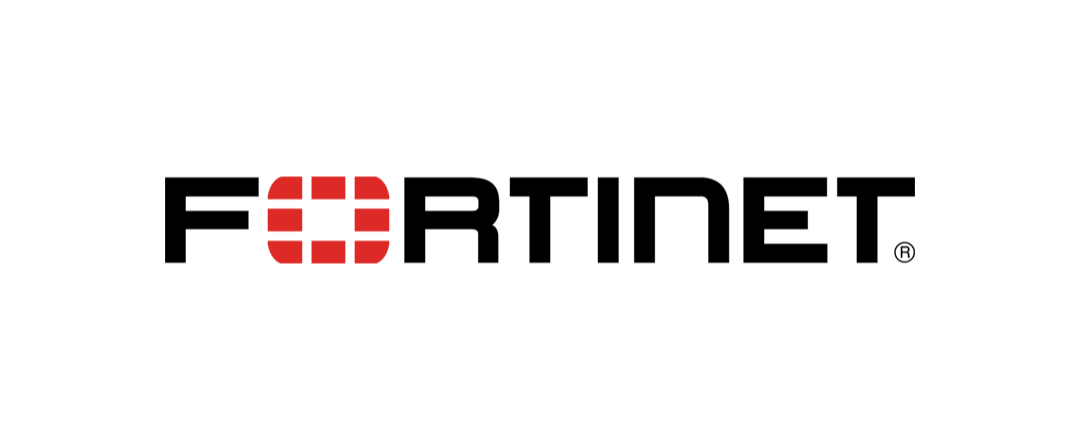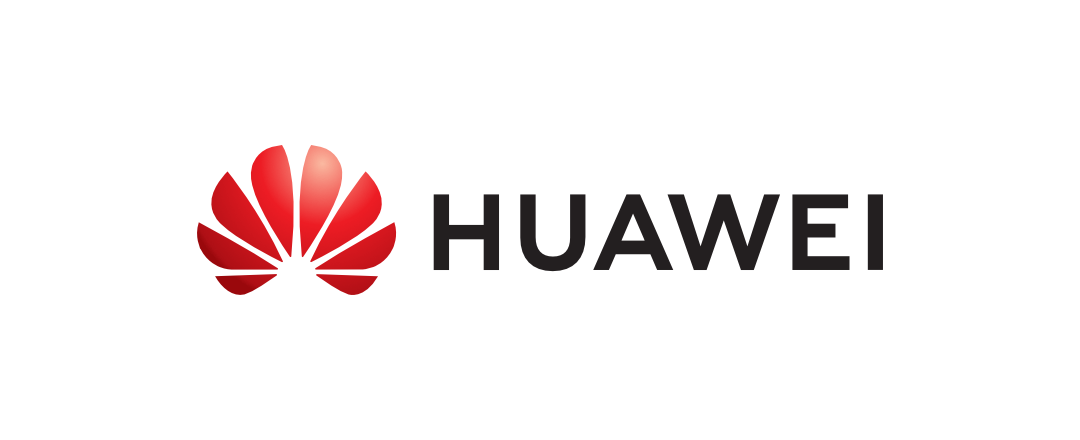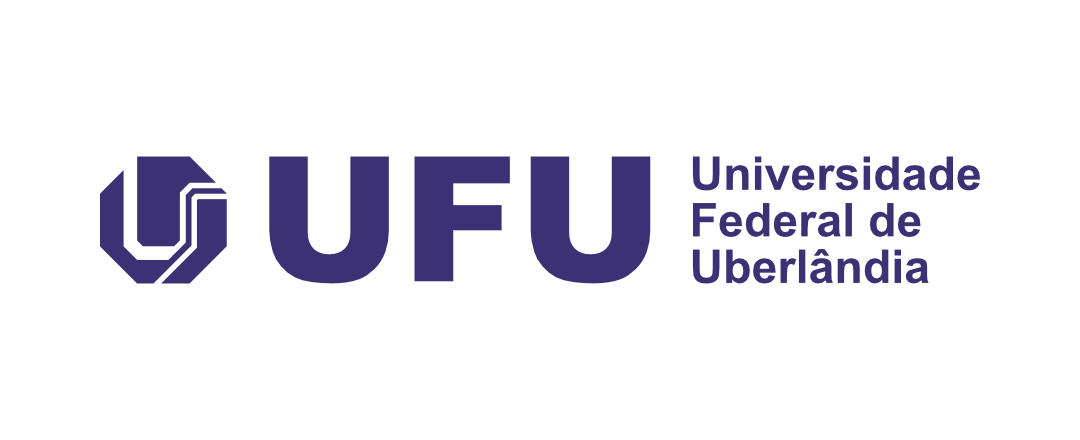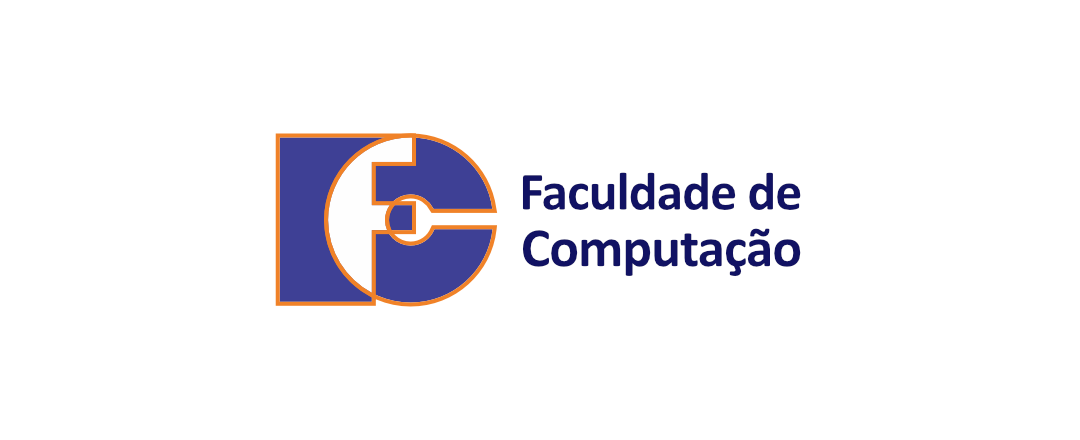I Workshop de Redes 6G (W6G 2021)
Coordenadores
Antonio Carlos de Oliveira Júnior (antoniojr@ufg.br), Universidade Federal de Goiás (UFG) e Fraunhofer Portugal AICOS
Rodrigo Moreira (rodrigo@ufv.br), Universidade Federal de Uberlândia (UFU) e Universidade Federal de Viçosa (UFV)
Luciano Leonel Mendes (luciano@inatel.br), Instituto Nacional de Telecomunicações (INATEL)
16/08/2021
Abertura
08:00 - 08:10
Keynote I - Prof. Dr. Luiz da Silva Bradley Professor of Cybersecurity, Virginia Tech Executive Director, Commonwealth Cyber Initiative
08:10 - 09:00
Sustainable 6G
Abstract: Sustainability considerations must drive the emerging vision for 6G. This next generation of networks will power the future of work, healthcare, energy distribution, transportation, and production. Innovation enabled by 6G will determine how sustainable and equitable this future will be. Softwarization and intelligence will continue to bring both new opportunities and new challenges. In all major visions being put forth for 6G, artificial intelligence (AI) is embedded into all aspects of the network, from planning to operations to fault recovery. It must do so without unduly expanding the attack surface of network and all the verticals that depend on it. We see an expanded role for AI assurance, as well as the need for serious technology and public policy advances in security and privacy by design in a network that increasingly blends the virtual with the physical
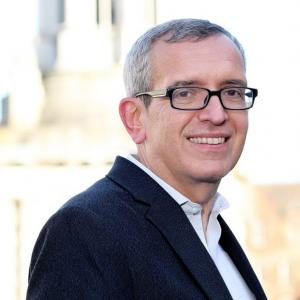
Luiz Da Silva is the inaugural Executive Director of the Commonwealth Cyber Initiative (CCI), a statewide initiative in Virginia with a mission of research, workforce development, and innovation at the intersection of cybersecurity, autonomy, and intelligence. He is also the Bradley Professor of Cybersecurity at Virginia Tech. Prof. DaSilva previously held the chair of Telecommunications at Trinity College Dublin, where he served as the Director of CONNECT, a national telecommunications research center in Ireland. Prof. DaSilva’s research focuses on adaptive resource management in wireless networks, including cognitive networks and the application of game theory to wireless networks. He has published two books and more than 300 peer-reviewed articles, and chaired the Technical Program for ICC 2020, one of the flagship conferences of the IEEE Communications Society. He was an IEEE Communications Society Distinguished Lecturer (2015-2018), a Fellow of Trinity College Dublin, and is a Fellow of the IEEE, for contributions to cognitive networking and to resource management in wireless networks.
Sessão Técnica I:
09:00 - 10:20
Chair: Daniel Ricardo (UFU)
Uma Visão de Arquitetura para Redes 6G
- Heitor Scalco Neto, Antonia Araujo
- Cristiano Both, Antonio Oliveira-Jr
- Kleber Cardoso
Towards 6G Network Slicing
- Rodrigo Moreira
- Flavio Silva
Orquestração Inteligente de Network Slicing: Revisão da Literatura e Prospecção para Redes 6G
- Henrique Lima
- Rogerio Silva
- Cristiano Both
- Antonio Oliveira-Jr
- Kleber Cardoso
- Sand Correa
Painel - Regulação, indústria, operadora e academia
10:30 - 11:30
Moderador: Prof. Luciano Leonel Mendes (INATEL)
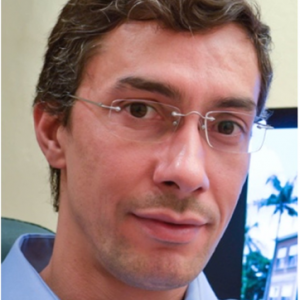
Short Bio: Luciano Leonel Mendes possui os títulos de Bacharel em Engenharia Elétrica e Mestre em Telecomunicações pelo Instituto Nacional de Telecomunicações (Inatel), obtidos em 2001 e 2003, respectivamente. Ele concluiu o Doutorado em Engenharia Elétrica pela Universidade Estadual de Campinas (Unicamp) em 2007. Desde 2001 é professor do Instituto Nacional de Telecomunicações, onde atua no ensino de graduação e pós-graduação, além de ter ocupado os cargos de gerente técnico do Laboratório de Desenvolvimento de Hardware e Coordenador do Curso de Mestrado de Telecomunicações. Foi coordenador de diversos projetos de pesquisa e desenvolvimento, merecendo destaque aqueles voltados para TV Digital com apoio da Finep e RNP. Entre 2013 e 2015 ele executou um projeto de pós-doutorado, com o apoio do CNPq, na Vodafone Chair Mobile Communications Systems, localizada na Technische Universität Dresden, Alemanha, na área de esquemas de modulação digital para a quinta geração de redes móveis celulares. Hoje ele coordena as atividades de pesquisa do Centro de Referência em Radiocomunicações (CRR), sendo o responsável pelas pesquisas em 5G neste projeto. Além disso, ele coordena a Comissão de Pesquisa e Casos de Uso do Projeto 5G Brasil, hospedado pela Telebrasil. Suas principais áreas de atuação são comunicações móveis, radiodifusão digital e modulações com múltiplas portadoras.
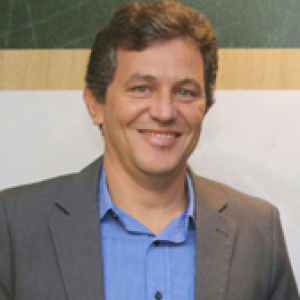
Aldebaro Klatau is a professor at the Federal University of Para (UFPA), Belem, Para, in North Brazil, who is affiliated with the Computer and Telecom Engineering Department (FCT), and the Computer Science (PPGCC) and Electrical Engineering (PPGEE) Graduate Programs. Post-doctorate in Electrical and Computer Engineering (UT Austin, 2019). Post-doctorate in Electrical and Computer Engineering (UCSD, 2013). PhD in Electrical and Computer Engineering (UCSD, 2003). Master’s Degree in Electrical Engineering (UFSC, 1993). Bachelor’s Degree in Electrical Engineering (UFPA, 1990). He is a senior member of the IEEE and a researcher of CNPq, Brazil. At UFPA he is currently the ITU-T TIES Focal Point, and directs LASSE. His work focuses on machine learning and signal processing for telecommunications and embedded systems.
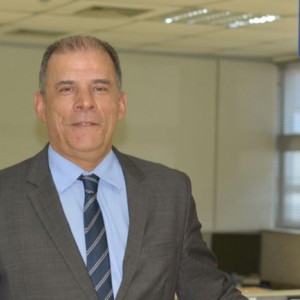
Leandro Guerra, diretor de Relações Institucionais da TIM, formou-se, em 1986, no curso de Engenharia Elétrica pela Universidade Federal do Paraná (UFPR) e, em 1999, em Direito pela Universidade Tuiuti do Paraná (UTP). O executivo cursou MBA em Administração pela COPPEAD da Universidade Federal do Rio de Janeiro (UFRJ). Atualmente também é vice-presidente do Projeto 5G Brasil como representante das operadoras de telefonia celular.
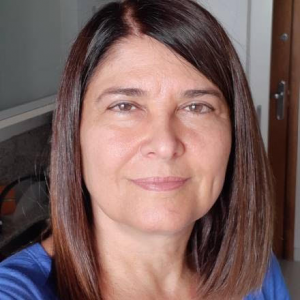
Maria Valéria Marquezini
Master Researcher Ericsson
Graduou-se em Física pela Universidade Estadual de Campinas - UNICAMP, onde também realizou seus estudos de pós-graduação. Em 1995, com a tese “Investigação de Interfaces em Heteroestruturas Semicondutoras”, recebeu o título de Doutor em Ciências. Entre 1995-97 trabalhou na divisão de Ciências dos Materiais do Lawrence Berkeley National Laboratory (LBNL), realizando atividades de pesquisas nas áreas de engenharia de lasers e processos eletrônicos em semicondutores. Entre 1997 e 2000 trabalhou como pesquisadora associada no Departamento de Eletrônica Quântica do Instituto de Física. Em 2000 iniciou sua carreira na Ericsson Telecomunicações S.A., onde permanece até o momento. Atualmente, na Ericsson, é pesquisadora master na área de redes de telecomunicações, responsável pela coordenação dos projetos de pesquisa desenvolvidos em parceria com universidades e institutos de pesquisa do país.
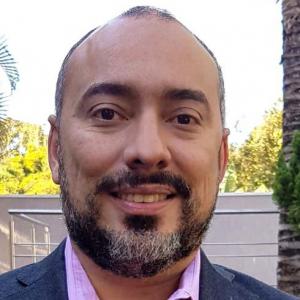
Agostinho Linhares
Gerente de espectro, órbita e radiodifusão na Anatel.
Agostinho é doutor em Telecomunicações pela Universidade de Brasília (UnB), mestre em Telecomunicações pela Universidade de Campinas (Unicamp) e especialista em Regulação de Telecomunicações pelo Instituto Nacional de Telecomunicações (Inatel). Servidor de carreira da Anatel desde 2005, já atuou nos setores de fiscalização, engenharia do espectro e na assessoria do Conselho Diretor. No âmbito internacional, é coordenador da Comissão Brasileira de Comunicações que defende o posicionamento do Brasil em temas de radiocomunicações; representa a Anatel em grupos de trabalho da União Internacional de Telecomunicações (UIT); e é vice-presidente do Comitê Consultivo Permanente II da Comissão Interamericana de Telecomunicações (Citel). Também é revisor de artigos científicos em periódicos internacionais e congressos. Antes da Anatel, trabalhou na Petrobras como engenheiro de telecomunicações e desenvolveu projetos relacionados a comunicações ópticas, enlaces ponto a ponto e redes IP.
Sessão Técnica II
14:30 - 15:30
Chair: Flávio Henrique Teles Vieira (UFG)
A Low-Complexity Deep Neural Network for Signal-to-Interference-Plus-Noise Ratio Estimation
- Roberto Kagami
- Luciano Mendes
NWDAF habilitando Inteligência Artificial em operações de busca e salvamento assistidas por VANTs
- Ciro Macedo
- Hudson Romualdo
- Cristiano Both
- Antonio Oliveira-Jr
- Kleber Cardoso
MPP-RAN: Posicionamento de funções de rede virtualizadas em redes de acesso de nova geração com divisão de fluxos
- Gabriel Matheus de Almeida
- Victor Hugo Lopes
- Cristiano Both
- Sand Correa
- Aldebaro Klautau
- Kleber Cardoso
Keynote II - Profa. Dr. Marja Matinmikko is 6G Flagship Research Coordinator and Senior Research Fellow at CWC, University of Oulu, Finland.
13:30 - 14:30
What role will sustainability and spectrum access play in future 6G service provision?
Abstract: Sustainability has entered all aspects of life and calls for an active approach from the wireless and mobile communications community to help solve the fundamental challenges facing societies by 2030. 6G research has started with joint vision building, led by the Finnish 6G Flagship, with the goal of global deployments in 2030s, in an era where sustainability is the key driver. 6G development will need to address societal, economic and environmental aspects of sustainable development, along with the United Nations Sustainable Development Goals (UN SDGs). The connection between the 6G and the UN SDGs is imminent, but not yet thoroughly explored. Additionally, the radio spectrum continues to be the fundamental resource for the any wireless system, and sustainability in the context of spectrum management requires a rethink of traditional policies by introduction of more dynamic sharing of the precious natural resource. To make spectrum sharing a common practise, stakeholder management for spectrum decision making needs to undergo a major transformation by 2030, to be enable sustainable future.
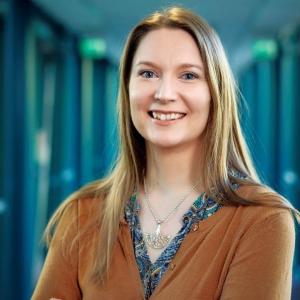
Dr. Marja Matinmikko-Blue is 6G Flagship Research Coordinator and Senior Research Fellow at CWC, University of Oulu, Finland, where she holds an Adjunct Professor position in spectrum management. She conducts multi-disciplinary research on technical, business and regulatory aspects of mobile communication systems in close collaboration with industry, academia and regulators. She holds a Dr.Sc. degree in telecommunications engineering and a Ph.D. degree in management sciences received from the University of Oulu in 2012 and 2018. She has coordinated several national research project consortia that have successfully demonstrated the world’s first licensed shared access (LSA) spectrum sharing trials and introduced a new local 5G operator concept, which has become a reality in many countries. She has published 150+ scientific publications and prepared 150+ contributions to regulatory bodies in national, European and international levels. She coordinated the preparation of twelve 6G White Papers in 6G Flagship and led the development of the White Paper on 6G Drivers and the UN SDGs.
Projeto Brasil6G
16:00 - 17:00
Moderador: Prof. Flávio de Oliveira Silva (UFU)
Apresentação dos resultados das frentes de trabalho:
- Estado da Arte em Posicionamento, Mapeamento, Sensoriamento e Imagem para as Redes 6G: Juliano Silveira Ferreira (INATEL)
- Estado da arte em sistemas de comunicação digital e teoria da informação: Michelle Facina (UNICAMP)
- Estado da arte em sistemas RF e ópticos: Ramon Maia Borges (INATEL)
- Arquiteturas para a Rede 6G: Flávio de Oliveira Silva (UFU) e Antônio Marcos Alberti (INATEL)
- Estado da Arte em Inteligência Artificial Aplicada a Redes 6G: Aldebaro Klautau (UFPA) e Kleber Vieira Cardoso (UFG)
- Casos de Uso e Requisitos para Redes 6G: Luciano Leonel Mendes (INATEL) e Kleber Vieira Cardoso (UFG)

